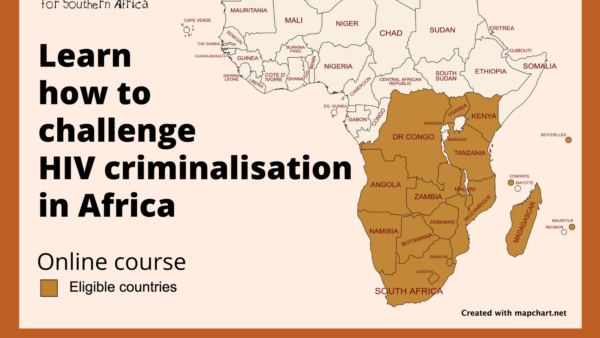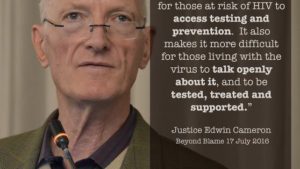Overview
There is no HIV-specific criminal law in Seychelles, and to our knowledge there have been no reported cases of HIV criminalisation to date.
There is however a general criminal provision in the Penal Code which makes it an offence to do any act which is likely to cause transmission of any ‘disease dangerous to life’. This term is not defined so it is not clear if this provision could criminalise HIV ‘exposure’. This offence is a misdemeanour punishable with a fine or imprisonment up to two years.
There are also general laws criminalising the causing of ‘harm’ to another, which is defined to include transmitting diseases. For instance, section 230 criminalises ‘any act’ which causes ‘harm’ to another with a penalty of up to six months’ imprisonment. There is no evidence of this or any other general criminal law being used to prosecute HIV cases.
Laws
Penal Code
Section 176. Negligent spreading of disease
Any person who unlawfully or negligently does any act which is, and which he knows or has reason to believe to be, likely to spread the infection of any disease dangerous to life, is guilty of a misdemeanour.
Penal Code
Section 5. Interpretation
In this Code, unless the context otherwise requires –
(…)
“harm” means any bodily hurt, disease or disorder whether permanent or temporary;
Section 230. Other negligent acts causing harm
Any person who unlawfully does any act, or omits to do any act which it is his duty to do, not being an act or omission specified in section 229, by which act or omission harm is caused to any person, is guilty of a misdemeanour, and is liable to imprisonment for six months.
Further resources
Designed to help governments and civil society review laws and policies based on human rights, and increase capacity to achieve enabling legal environments. Includes recommendations on criminalisation at p.88.
HIV Justice Network's Positive Destinations
Visit the Seychelles page on Positive Destinations for information on regulations that restrict entry, stay, and residency based on HIV-positive status, as well as access to HIV treatment for non-nationals.

